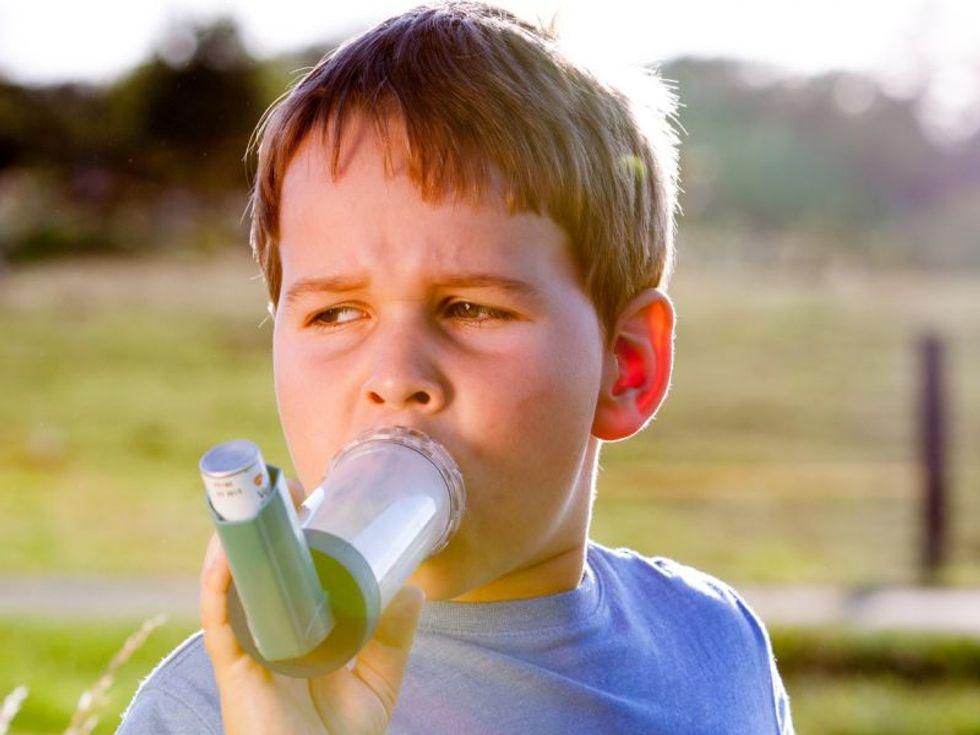
Can your weight before pregnancy determine your baby’s chances of developing asthma or allergies? Yes, claims a study that looked at that question, as well as whether weight gain during pregnancy might have an impact. “We did find that there was a link between the mother’s weight before pregnancy, entering pregnancy, with the development of… read on > read on >






























